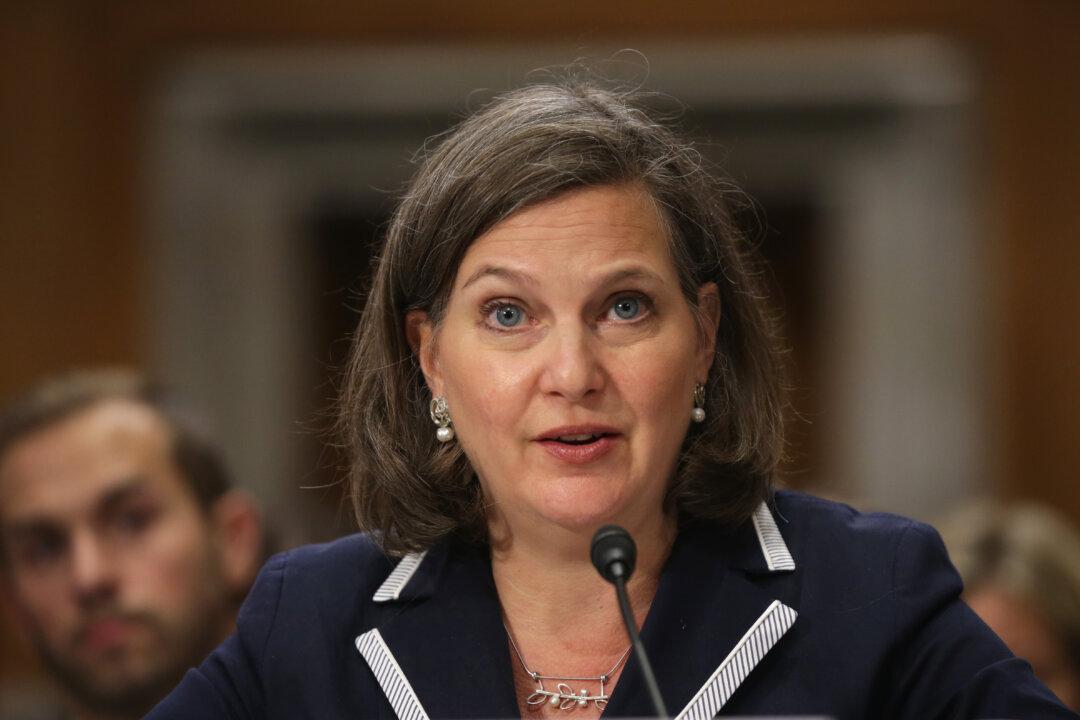WASHINGTON—Daniel Silverberg, then-House Democratic Whip Steny Hoyer’s national security adviser, coordinated “work on Russia dossier materials provided by Christopher Steele” with Assistant Secretary of State Victoria Nuland and Special Envoy for Libya Jonathan Winer, according to newly released documents made public June 12 by Judicial Watch.
A series of emails between Sept. 26, 2016, and Dec. 10, 2016, demonstrate that Winer shared “Russia-related information” he obtained from Steele—whom he described as his “old O friend”—with Nuland, who then shared it with Silverberg.





